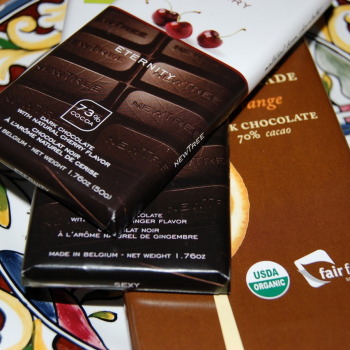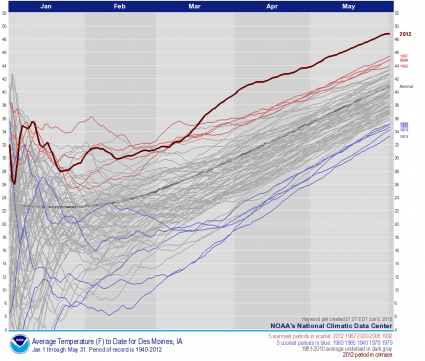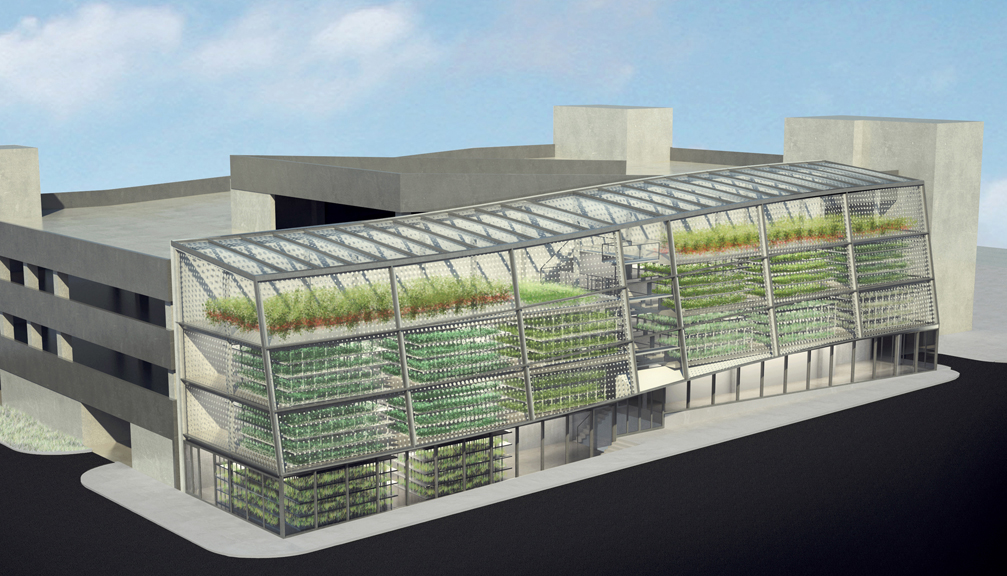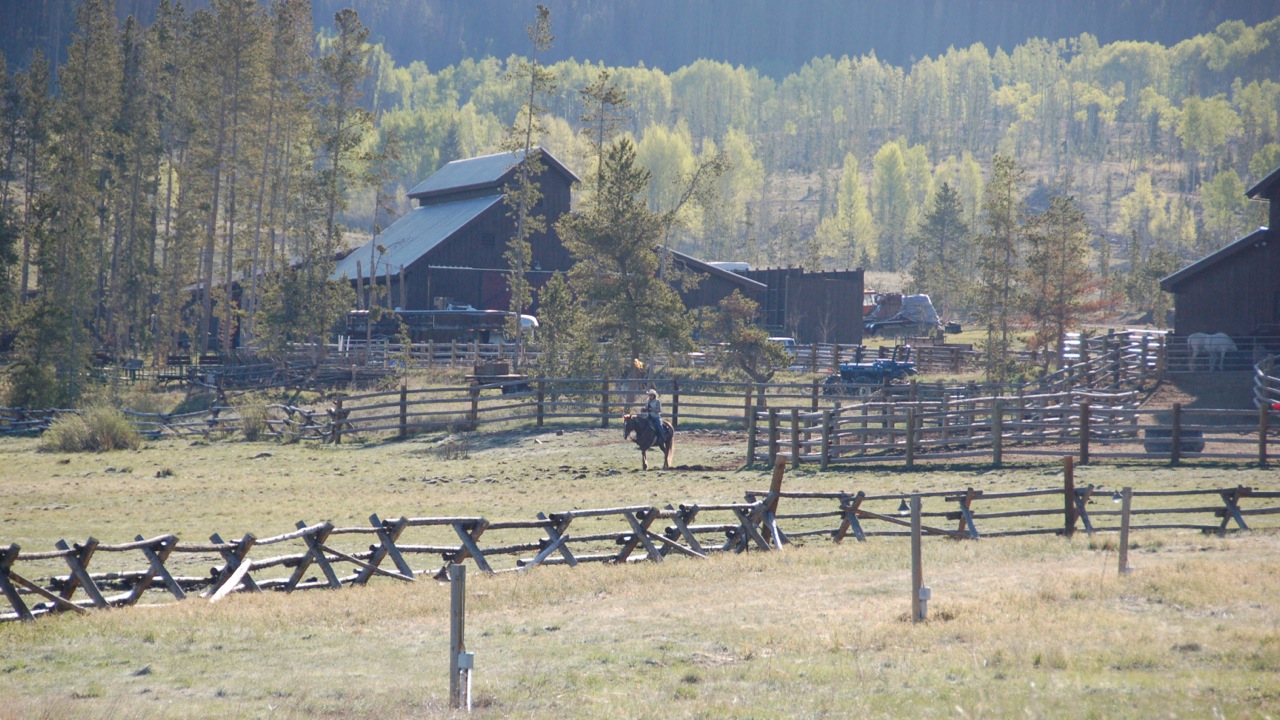In order to make them easier to find, this content on Urban Farming that appeared in previous SUNDAY PALEO editions is now on this one page. The page can now be found under the Urban Farming Category.
Photos: NRDC New York Visits Urban Farms - NRDC Swithboard
Emanuel widens city's gate to urban gardening - Chicago Tribune
Across the Bay Area, urban farming is in season - Los Angeles Times
Can Planting Vegetables in Vacant Lots Save Cleveland?
"By transforming its vacant lots, backyards and roof-tops into farming plots, the city of Cleveland could meet all of its fresh produce, poultry and honey needs, calculate researchers from Ohio State University. These steps would save up to $155 million annually, boost employment and scale back obesity." - WIRED SCIENCE
The rise of urban farming
"There is a population and culture that is finally saying that all this processed stuff is not good and the only way we can guarantee that food we use is safe is to grow it ourselves." - The Christian Science Monitor
Cities ease rules to encourage urban farms
"City Farm is among farms sprouting in cities across the nation to meet demand for locally grown food and to make vacant lots productive and attractive. Cities are changing zoning rules not just to allow more and bigger urban farms but to encourage them." - Tucson Citizen
Urban Farms, Supersized. Largest ever rooftop garden to be as big as a football field
"A trio of German entrepreneurs is hoping to convert an old industrial building in Berlin into the world's largest rooftop farm. Plans for the self-sustaining organic spread, which should be up and running by 2013, include a fertilizing fish farm on the building's top floor." – Worldcrunch
Farming: A New York state of mind
“New York has a lot to offer -- farming is no exception. This week, we visited three very different farmers and heard their take on the city and how growing food plays a role in (and is influenced by) the Big Apple.” - Grist
Urban Gardens
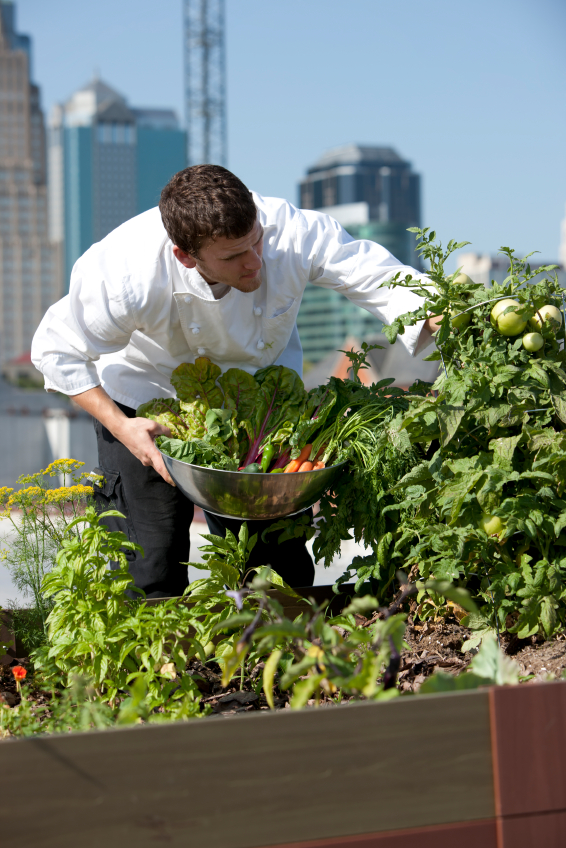 Don't hold your breath for the USDA or a major health organization to recommend the Paleo diet. There is not enough of this food to go around; the diet will not "scale."
Don't hold your breath for the USDA or a major health organization to recommend the Paleo diet. There is not enough of this food to go around; the diet will not "scale."
However, there is a glimmer of hope in the form of urban farming. In cities throughout the country, the movement is slowly taking shape. This Sunday, we look at some of the recent activity.
In the Salon article, Urban gardens: The future of food?, Will Doig writes:
Right now, urban-grown produce represents a minuscule slice of the food system. But there are several plausible scenarios that could make such food more commonplace in the city kitchen of the future.
...urban farming may carve a path to sustainable success by creating a new type of subsystem within the larger food system — one that’s bigger than boutique but smaller than Big Agra.
More importantly, as noted by urban agriculture pioneer Dr. Dave Schemberger, locally grown food is healthier:
Chronic illness is exacerbated by eating hollow food which has lost its nutritional value from spending too much time on a truck or grocery store shelf. We can prevent and reverse much of the disease found in our modern life by avoiding processed food and consuming more raw fruits and vegetables close to the time they are harvested.
(However, cooking has it's benefits. Cooking increases access to nutrients in some foods and is believed to have been important in the expansion of the hominid brain.)
Many U.S. cities have active urban farming programs. Last year, San Francisco passed the Planning Code Amendment on Urban Agriculturemaking commercial garden and small farm sites legal in the city. This year, "Atlanta Mayor Kasim Reed will break ground on the Trinity Ave. farm across from City Hall". A planning department’s proposal in New York City, if approved, would allow "1,200 acres of empty, flat rooftops" to be "eligible for green penthouses."
To find urban farming activities near you, do an online search on "urban farming" and the name of your community.
Want to become an urban farmer? Try this guide by Novella Carpenter and Willow Rosenthal: The Essential Urban Farmer. Hannah Wallace interviews the authorsand poses a number of questions including:
Starting an urban farm demands a lot of work–not to mention money. You need to pay for water, buy liability insurance, equipment, wood and nails for raised beds, maybe even hoop houses. Are there funds would-be gardeners can apply for if they don’t have enough of their own money?
 Monday, June 11, 2012 at 10:01PM
Monday, June 11, 2012 at 10:01PM  Paleo diet in
Paleo diet in  Success Stories
Success Stories 

